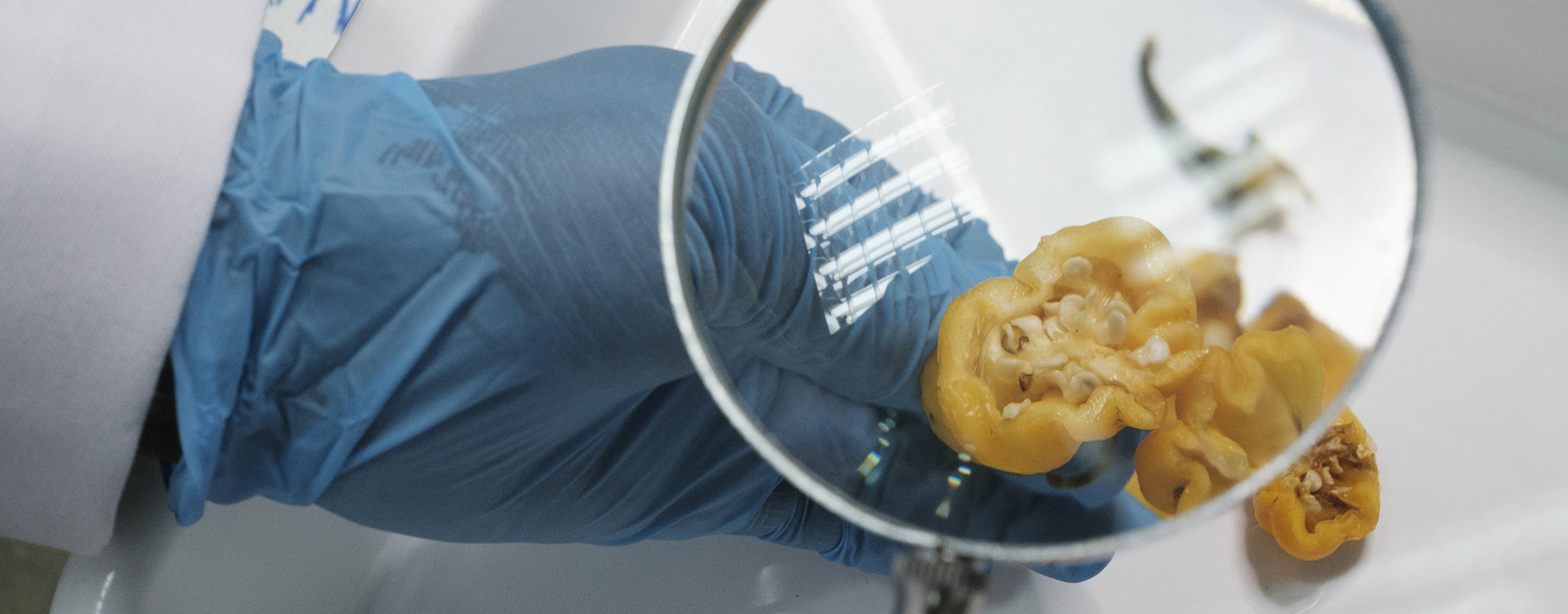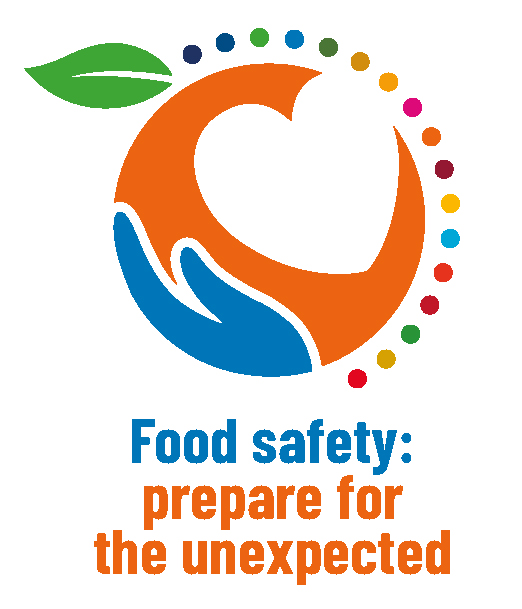
Safeguarding our agrifood systems:
A One Health approach to food safety
Food safety is paramount. It underpins public health, economic prosperity, and global trade. Ensuring the safety of our food from farm to fork requires a collaborative and comprehensive approach. This is where the Codex Alimentarius Commission (Codex) and the One Health approach come together.
The Codex Alimentarius Commission: Setting international food standards
The Codex Alimentarius Commission established jointly by FAO and the World Health Organization (WHO), is an intergovernmental body responsible for developing food standards, codes of practice, and other guidelines to protect consumer health, and ensure fair practices in food trade. Collectively these internationally adopted food standards and related texts constitute the Codex Alimentarius or food code. Codex includes provisions for food hygiene, food additives, residues of pesticides and veterinary drugs, contaminants, labelling, methods of analysis and sampling, and import and export inspection and certification, among others.

World Food Safety Day
7 June 2024
A holistic approach to health
One Health recognizes the interconnectedness between animal health, human health, and the environment. In the context of food safety, the One Health approach fosters collaboration to identify, understand, and mitigate risks at every stage of the food chain.
Risk assessment: The One Health approach emphasizes risk-based assessments to identify and prioritize food safety hazards. Codex relies on such assessments to develop science-based food standards that address the most significant risks across the entire food chain, from production to consumption.
Surveillance and monitoring: One Health advocates for robust national surveillance systems to detect and track foodborne diseases in both animals and humans. This allows Codex to identify emerging food safety threats and adapt its standards accordingly. For example, Codex has developed a code of practice to minimise and contain foodborne antimicrobial resistance in response to the growing concern about the overuse or misuse of antimicrobials in agriculture and food production sector and its potential impact on human health. Codex has also developed guidelines for the monitoring and surveillance of foodborne AMR (Antimicrobial Resistance) to promote ongoing data collection which can provide information on both the efficacy of interventions or the need to review or modify risk management approaches.
Capacity building: One Health recognizes the need to strengthen national capacities for food safety. Codex provides a framework on which training and capacity building initiatives can be developed by FAO and WHO to strengthen national food control systems.

One Health in action
Campylobacter: This bacterial pathogen is a major cause of diarrhoeal illness worldwide. It can be transmitted to humans through contaminated poultry meat. Codex, informed by One Health principles, has developed guidelines for Campylobacter control in poultry, focusing on good farming practices, slaughterhouse hygiene, and proper handling throughout the food chain.
Salmonella: Another prominent foodborne pathogen found in animals; salmonella can contaminate a wide variety of food products. Codex sets standards, guidelines and codes of practice for salmonella control across multiple food commodities, including poultry, beef, pork eggs, dry or low moisture foods and seafood.
Antimicrobial Resistance: The rise of antimicrobial resistance in foodborne bacteria poses a significant public health threat. Recognizing this through a One Health lens, Codex has developed code of practice which highlights the responsible and prudent use of antimicrobials in animals, promoting responsible practices within the food and agriculture sector.
